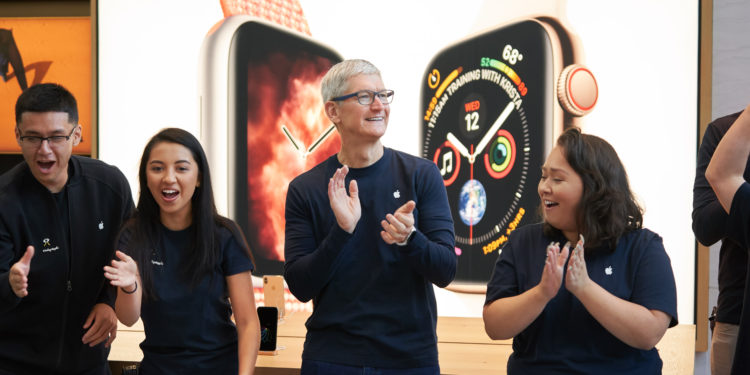In a preview of an interview with Kara Swisher of the New York Times to be published on Monday, April 5, Apple CEO Tim Cook said he was "shocked" by the criticism Apple has received in recent months over the upcoming privacy changes in iOS. Cook explained that it's "hard to argue against privacy."
Apple plans to enforce the new App Tracking Transparency (ATT) after the release of iOS 14.5. This means that all apps that access an iPhone's advertising identifier (IDFA) will have to obtain the user's permission before allowing tracking. The move has drawn criticism from some companies, particularly Facebook, which argues that the new changes will hurt small businesses. Facebook explains that small businesses rely on tracking to offer personalized advertising and that these ads will be less effective with ATT. When asked in the interview how ATT will affect Facebook, explained Cook, however, said he was “not focused on Facebook” and did not know.
Tim Cook: "I was shocked"
Swisher asked, "What is your response to Facebook's reaction - which is pretty intense - which you essentially call an existential crisis for their business?" Cook replied, "All we're doing, Kara, is giving the user a choice whether they want to be tracked or not. And I think it's hard to argue against that. I was shocked that there was pushback on this scale.
Facebook was initially completely against the new App Tracking Transparency guidelines. However, the social media giant has recently changed its stance on ATT. Facebook CEO Mark Zuckerberg now claims that it is possible that Facebook will benefit from the new change.
It's possible that we're in a stronger position than we thought. Apple's changes could encourage more companies to do more commerce on our platforms by making it harder for them to use data to find the right customers.
Cook's recent comments are just a snippet of the full interview, which is set to be released on Monday, in which the CEO will discuss Parler's removal from the App Store, the power of Big Tech and what it's like to be called "Tim Apple." (Image: Apple)





